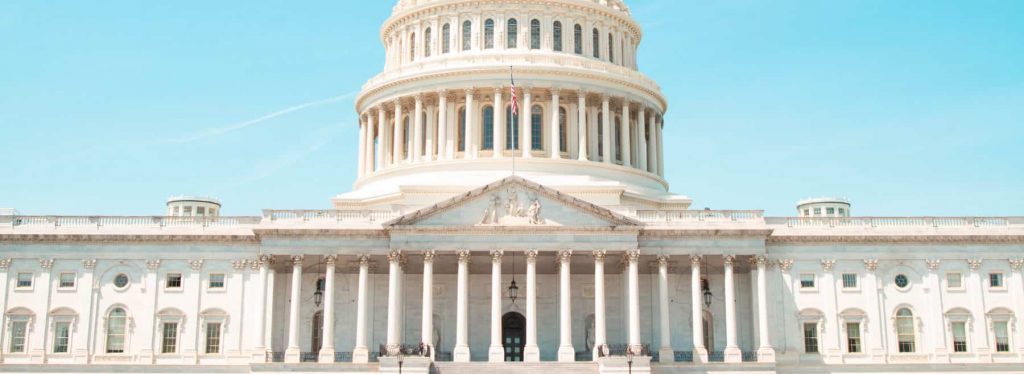This week, Gov. Kate Brown and the Oregon Department of Revenue (DOR) adjusted the requirements for businesses making payments of the new Corporate Activity Tax in light of the COVID-19 pandemic.
The DOR has revised OAR 150-317-1300 to reflect a change in the threshold for making estimated tax payments from $5,000 of annual tax liability to $10,000 of annual tax liability for the first year of the tax. This means, effective immediately, businesses that will owe less than $10,000 are not required to make quarterly estimated tax payments this year.
In addition, the DOR won’t assess penalties for underestimated quarterly payments or for not making a quarterly payment, if businesses don’t have the financial ability to make the estimated payment. However, if a business knows it will owe more than $10,000 in annual Oregon CAT in 2020, and the business can pay, then it should make estimated quarterly payments and comply with the law to the fullest extent possible.
The DOR will honor a business taxpayer’s good faith efforts to comply and will not assess a penalty for well-documented efforts, including how the COVID-19 pandemic has impacted the business.
If you are uncertain about your economic future due to the COVID-19 crisis, or your business has been closed during this crisis and cannot determine what will be owed in taxes this year, you may not be penalized. We highly recommend that you keep documentation in your records that support your business’s current circumstances.



